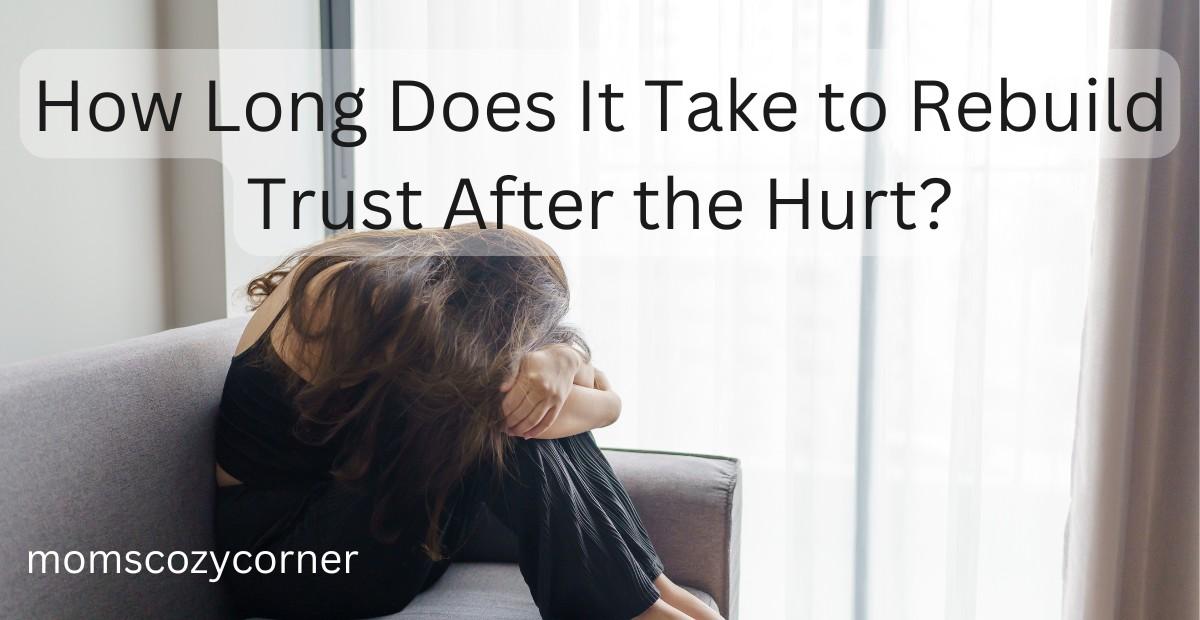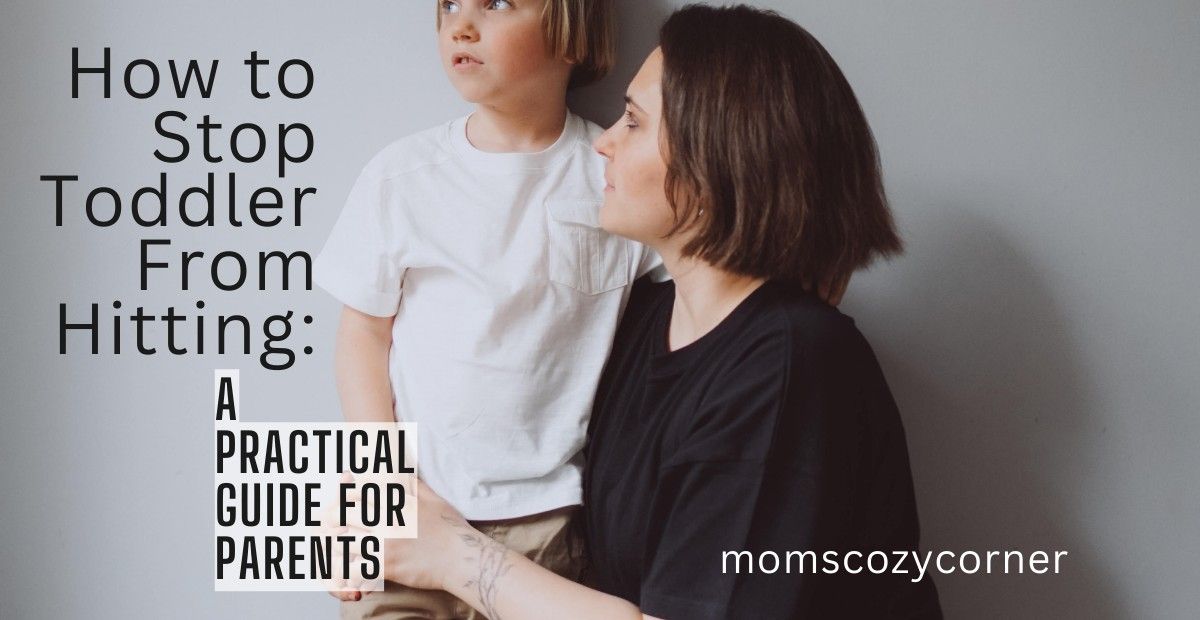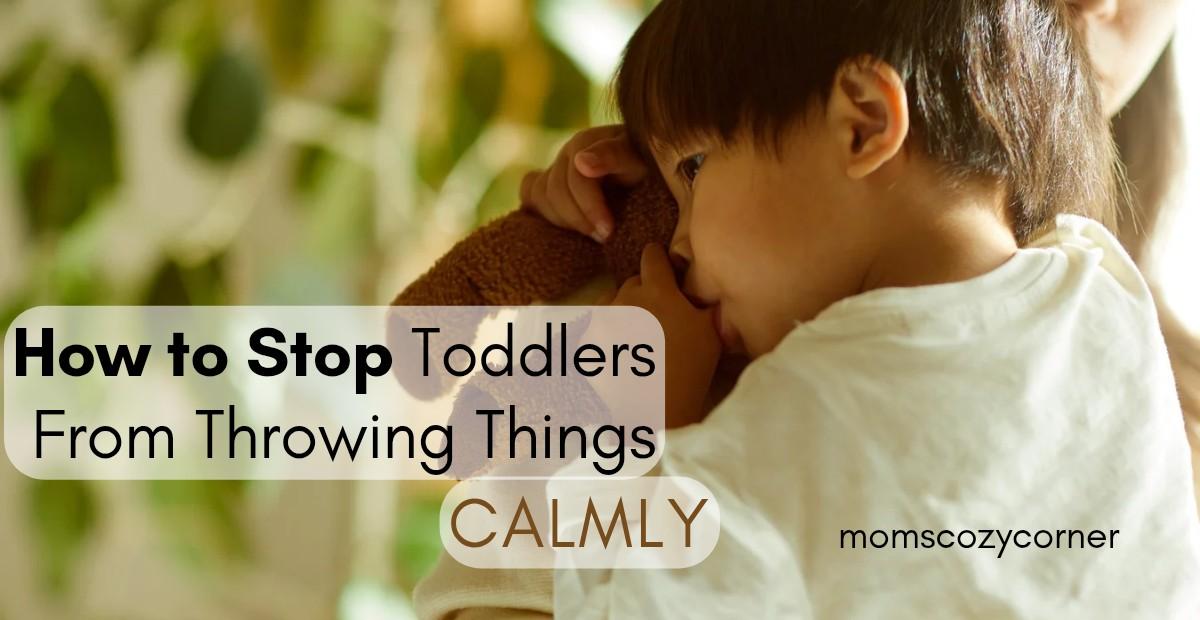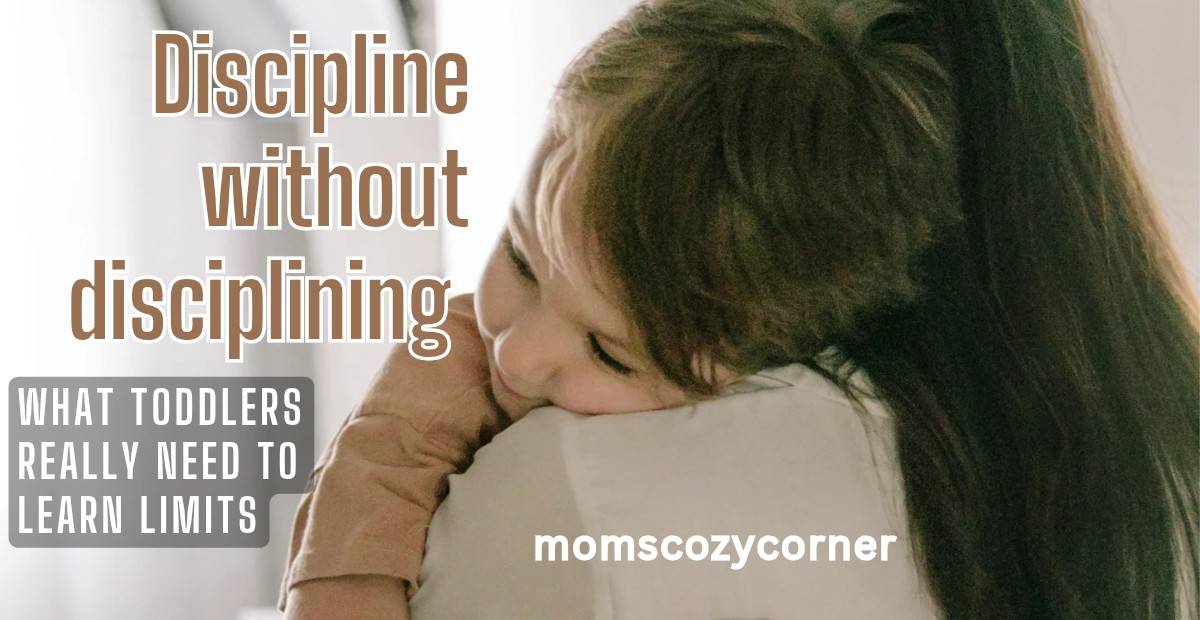How Long Does It Take to Rebuild Trust After the Hurt?
Introduction
Trust isn’t just for couples; it’s the bedrock of every relationship—with your partner, friend, or child. Remember childhood? A parent’s broken promise changed how much we believed them next time. Trust works like that; it starts early and cuts deep when broken. This article explores a key question: how long does it take to rebuild trust after someone close breaks it?

The Toll of Broken Trust
It’s more than a broken promise; it profoundly disrupts your peace, rhythm, and heart.
“Sometimes it’s not the big betrayals that break us—it’s the small promises that meant the world to us.”
Imagine: your husband promised a cozy movie night. You were excited, dressed, and perhaps even skipped other plans. But then he didn’t come home on time. Work kept him late, or he forgot. Regardless, he didn’t keep his word.
- You waited, texted, and hoped.
- Eventually, you cried yourself to sleep—and skipped dinner, your heart too heavy.
That night was just the start. Here’s what that one broken promise triggered the next day:
- You wake up late, tired, and emotionally drained.
- Breakfast gets delayed—and so do the kids’ routines.
- You snap at your children out of exhaustion.
- Your husband leaves for work like any other day—but your thoughts won’t stop spinning.
- You skip morning chores, feeling disconnected.
- Self-care feels pointless—even brushing your hair feels like a task.
- You overthink: “Did he really care? Am I being too sensitive?”
“It’s not the movie you missed. It’s the trust you lost—and the way it shook your whole day.”
This might resolve in a day or two. But next time he promises something, you’ll pause. You’ll wonder, “Will he keep his word this time… or will I be disappointed again?”
Your Role in Restoring Trust
“You can’t always stop someone from hurting you, but you can stop that hurt from controlling you.”
Your partner may have broken a promise, and your feelings are valid. But what happens after the hurt is up to you. Your response plays a huge role in whether you can rebuild trust or watch it break even further.
Before Reacting: A Pause
Instead of reacting out of pain or frustration, take a breath and ask:
- “Is this a one-time slip or a repeated pattern?”
- “Can I express my hurt without blaming?”
- “Will reacting now make things better or worse?”
“Reacting is easy. Responding takes strength.”
Steps to Rebuild Trust: Your Part
Rebuilding trust isn’t about pretending nothing happened or brushing pain aside. It’s about slowly, gently, and intentionally finding your way back to safety in the relationship. Here are four powerful steps:
- Offer a second chance—a choice, not a favor. Saying “I forgive you” is easy. But if forgiveness isn’t paired with a real chance to earn your trust, it’s just words. Rebuilding begins when you choose to let them try again—not from weakness, but because you value the relationship.
- Articulate the hurt—the broken promise, not the missed movie. Instead of saying, “You didn’t take me out,” try, “I felt really let down because you made a promise, and I believed you.” Sometimes, they genuinely forget. Calmly and clearly letting them know how it affected you gives them a chance to grow. If this happens again, ask them to let you know beforehand, avoiding blindsides.
- Going quiet for 2-3 days may feel like proving a point, but it often builds walls, not bridges. You can set boundaries without radio silence. Say, “I need some time, but I’ll come back to talk when I’m ready.” Avoid turning short-term hurt into long-term damage.
“Silence isn’t strength—it’s distance. Speak your truth gently, even when it’s hard.”
- Yes, you got hurt. You didn’t choose that pain. But the healing? That’s your ground to stand on. Waiting for them to fix it might keep you stuck. But believing you can heal stops that pain from having power. Start by trusting yourself—that you’re strong enough to feel the pain and still move forward.
“You can’t control the wound, but you can control the way you heal it.”
Trust Restoration Timelines
Not every break in trust hits with the same weight. Some are deep wounds, others more like a paper cut—still painful, but not world-ending.
If you’re feeling emotionally distant from your spouse and wondering why you’re not connecting the way you used to, this article on feeling disconnected from your partner might speak directly to what you’re going through.
Let’s break this down into three levels of hurt—and what it really takes to rebuild trust at each stage.
Minor Promise Breaches
“I’ll take you out next week,” “Let me fix that tomorrow”—then it doesn’t happen. These are small breaks. Not lies, not betrayal, but disappointments. Maybe he promised that dress. Maybe he said he’d come early but got caught up. It wasn’t intentional, but it still stung.
Healing Time?
Mild promise breaks typically heal in a few hours to days if the relationship maintains a deep connection. But here’s the truth: early in your love, these slips resolved quickly. Now, even small hurts take days… maybe weeks.
Why?
Love didn’t disappear, but misunderstandings grew silently. Connection got replaced with distance. You’ve let those little cracks pile up without repair.
But listen closely: “This doesn’t mean there’s no love left. It just means love needs some work.” You can flip the script. You can rebuild quicker. First, acknowledge where you are—without guilt.
Mending “In-Between Hurts” (2-4 Months+)
Some wounds aren’t explosive, but they hit quietly—and deeply. They don’t bleed externally, but they ache daily. These hurts make you question if your voice truly matters in your relationship. If you’re trying to rebuild trust without letting your guard shut love out, this guide on how to deal with trust issues without pushing love away can help you move forward.
“It wasn’t the argument that hurt. It was the silence that followed.”
What this hurt looks like:
- You both planned for another baby and discussed it seriously. Then one day, he’s “not ready”—and you’re left holding a dream that suddenly feels only yours.
- You were set for that big family trip, budgeted, and looked at destinations. Then he changes the plan without checking in first.
- You thought you’d invest in a home. But out of nowhere, he uses that money for a business idea—without your full agreement.
These situations aren’t about being petty. They’re about hopes gently broken without warning.
“It hurts more when the person doesn’t even realize what they took away from you.”
Healing from this emotional shake-up takes time—weeks or a few months. Why? You’re not just hurt; you’re left out. Yes, you’re not just sad, you’re silently grieving a dream. You’re not just reacting; you’re trying to rebuild trust in someone who forgot you were on the same team. Yet, healing is possible. It starts with naming what you feel and acknowledging your valid pain. Only then can rebuilding begin.
If you’re wondering whether all these small fights mean something bigger, Is It Normal to Fight in a Relationship? Read This Before You Worry offers real insight and reassurance.
Profound Betrayal: Years to Heal
Some pain doesn’t just hurt—it shatters. Betrayal in a relationship isn’t just a crack in trust; it’s an earthquake that can level everything you built. We’re talking about betrayal that makes your entire past feel like a lie:
- He cheated.
- He emotionally connected with someone else behind your back.
- He carried secrets that destroyed the core of your relationship.
“When he broke the promise, he didn’t just lose your trust—he took a part of you with it.”
Let’s be real—this kind of hurt is worse than loss. For many women:
“If he had died, you might still hold on to love. But if he betrays you, you lose even the memory of love.”
This raw, soul-deep pain:
- Makes you question your worth.
- Makes you doubt your entire history.
- Makes it nearly impossible to believe in any future.
If you’re quietly grieving the love that used to feel real, this post on accepting when your husband doesn’t love you might speak to your silence and help you find a starting point for healing.
And here’s the truth:
- If he’s truly willing to make it right—with honesty, consistency, and real remorse—it may still take you YEARS to rebuild what was lost.
- But if he shows no effort to repair or understand the pain? Healing may never fully happen—not because you’re weak, but because you were deeply wounded and left to bleed emotionally without closure.
“You can forgive, but forgetting? That part never comes easy.”
Healing from this level of betrayal isn’t quick, and it’s not guaranteed. But it is your choice—to protect your peace, to decide whether he deserves a second chance, or whether your story continues without him if you feel there’s no way to rebuild trust.

6 Subtle Signs Trust Rebuilds
1. You stop checking his phone. You no longer feel the urge to scroll through his messages. Your heart slowly starts to beat again.
2. Those tear-soaked pillow nights are gone. Nights you silently cried yourself to sleep are replaced by calm, restful sleep. You’re no longer haunted by the pain.
3. The “what if” thoughts begin to fade. What if he does it again? Slowly, those anxious thoughts lose their grip—and peace takes their place.
4. You start enjoying the little things again. You find yourself singing while cooking, drawing with your kids. Joy gently tiptoes back into your life.
5. You stop bringing up the past. The urge to reopen old wounds fades. You’ve moved beyond it without even realizing when it happened.
6. You feel calm, even when you’re alone. Whether folding laundry or sipping coffee, the heaviness is gone. You don’t feel the need to fill silence with fear anymore.
Final Thoughts for Mamas
The promise was broken. You’re hurting. What happened is done—and even if things are “sorted,” you might not feel the same. That’s okay; not returning to how it was is normal.
What matters most is your response now. You’re striving to react better, protect your peace, and move forward with a clearer idea of trust. Even if trust breaks again, you won’t be the same confused, hurt woman. You’re learning and growing. How do you handle pain now? That’s personal growth.
Don’t worry about feeling different. Worry about not trying at all. Your effort to rebuild—not just trust in them, but trust in yourself—is what truly counts.
If you’ve been through this or have words for another mama, share in the comments. If this helps even one mom, I’m grateful.
You’ve got this, Mama.




